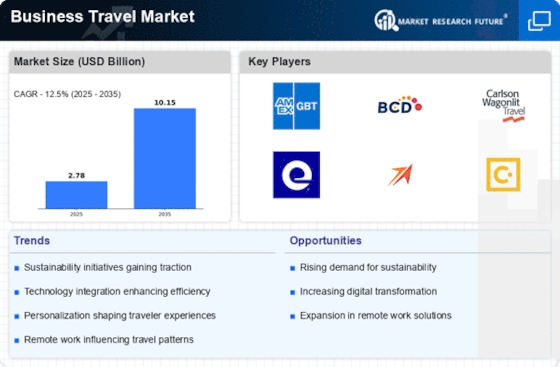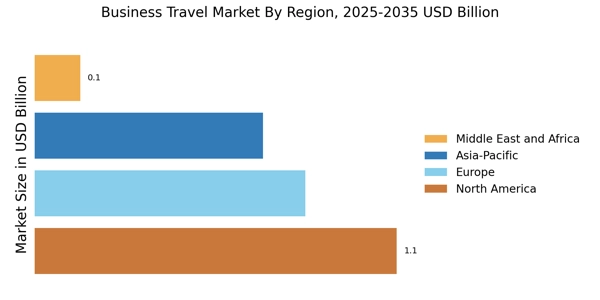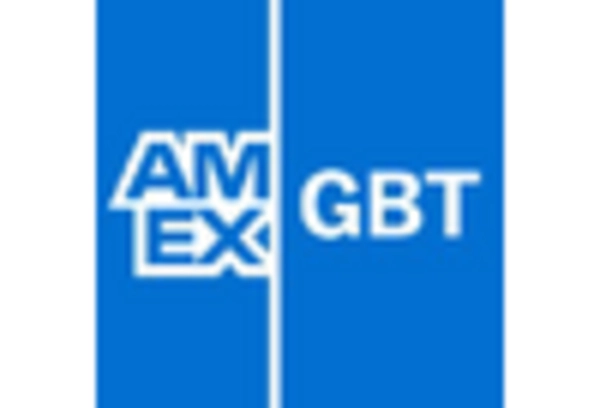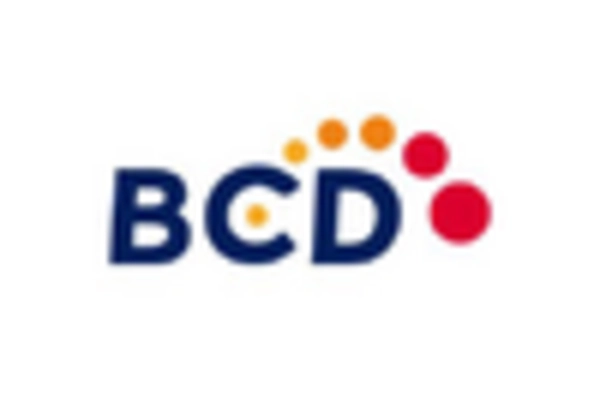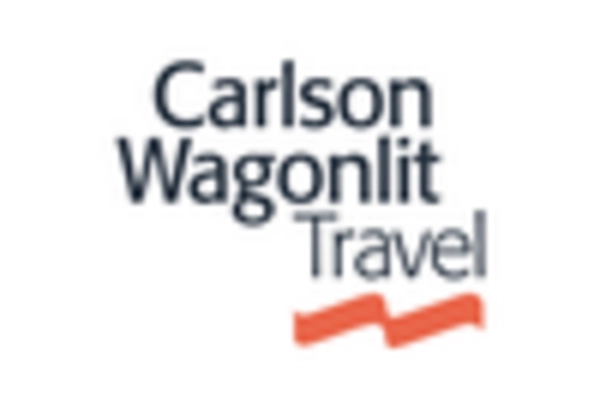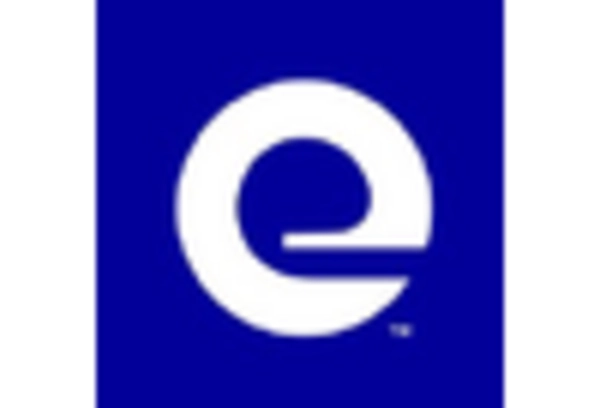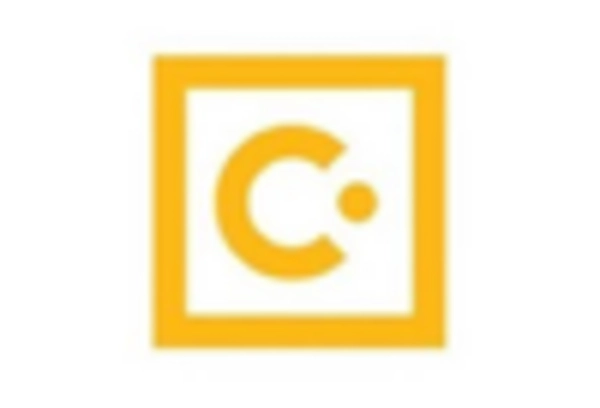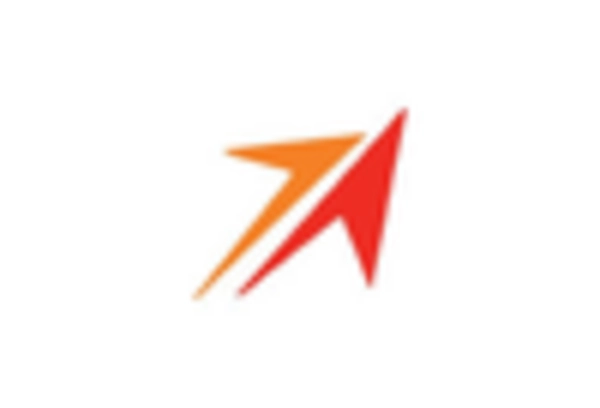Business Travel Market Summary
As per Market Research Future analysis, the Business Travel Market Size was estimated at 2.779 USD Billion in 2024. The Business Travel industry is projected to grow from 3.126 USD Billion in 2025 to 10.15 USD Billion by 2035, exhibiting a compound annual growth rate (CAGR) of 12.5% during the forecast period 2025 - 2035
Key Market Trends & Highlights
The Business Travel Market is experiencing a dynamic shift towards sustainability and technological integration.
- North America remains the largest market for business travel, driven by robust corporate profitability and a focus on employee well-being.
- Asia-Pacific is emerging as the fastest-growing region, reflecting a surge in demand for both managed and unmanaged travel solutions.
- Managed business travel continues to dominate the market, while unmanaged travel is rapidly gaining traction due to evolving corporate policies.
- Key market drivers include rising corporate profitability and an increased emphasis on sustainability and corporate responsibility.
Market Size & Forecast
| 2024 Market Size | 2.779 (USD Billion) |
| 2035 Market Size | 10.15 (USD Billion) |
| CAGR (2025 - 2035) | 12.5% |
Major Players
American Express Global Business Travel (US), BCD Travel (NL), Carlson Wagonlit Travel (FR), Expedia Group (US), Travel Leaders Group (US), SAP Concur (US), Egencia (US), ATPI (GB), Frosch (US)
.png)

